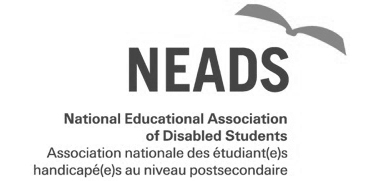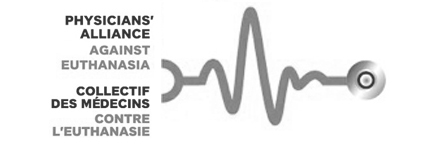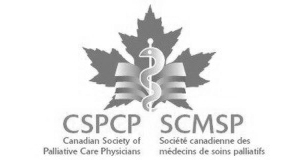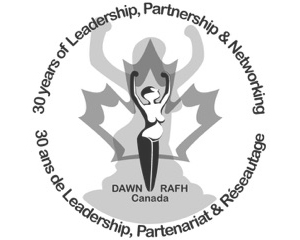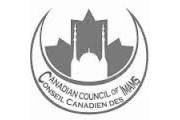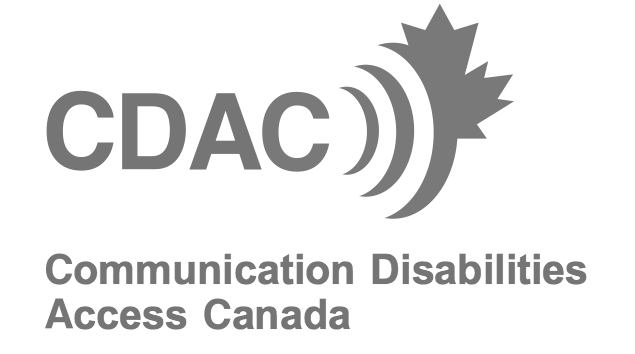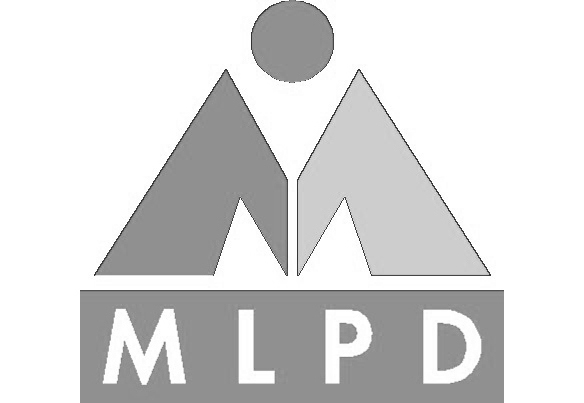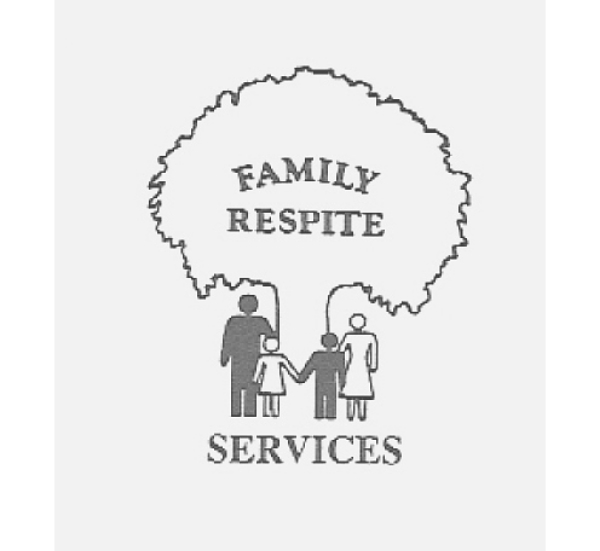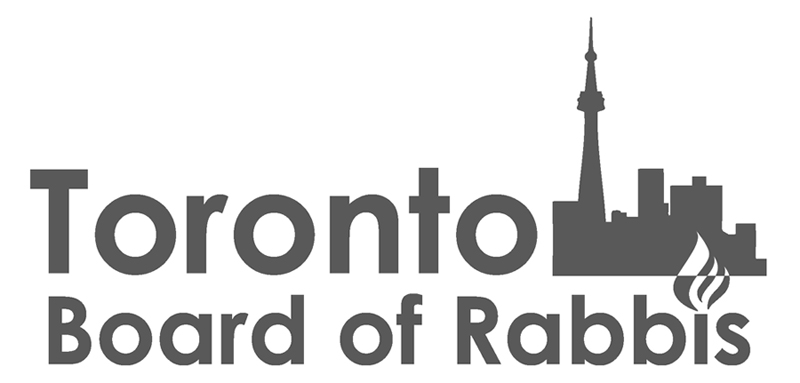Introducing the Vulnerable Persons Standard
The Vulnerable Persons Standard is a series of evidence-based safeguards intended to protect the lives of Canadians.
These safeguards will help to ensure that Canadians requesting assistance from physicians to end their life can do so without jeopardizing the lives of vulnerable persons who may be subject to coercion and abuse.
We are calling on all members of Parliament to ensure that federal legislation regulating physician-assisted death incorporate these safeguards.
Why is vulnerability important?
Vulnerable persons who request physician-assisted dying may be motivated by a range of factors unrelated to their medical condition or prognosis. These factors are important and can often be addressed with adequate and appropriate care. As a society, we have both moral and legal obligations to address the needs of vulnerable persons. Access to physician-assisted dying cannot be allowed to diminish or undermine these important obligations.
Unmet needs should not be a cause of death
Extensive research shows that a wide range of factors related to social, financial, psychological and spiritual suffering can lead patients to request physician-assisted death.
The U.S. National Cancer Institute describes such requests as “a sign that unmet needs have built to an intolerable level.”
Vulnerability has many causes
There are many important factors which contribute to a person’s vulnerability and which can often be alleviated by adequate and appropriate care. These can include:
Psychosocial factors and mental health issues causing distorted insight and judgment. These may include depression, hopelessness, loneliness, fear, grief, shame; coercion by others; and the psychodynamics of the physician-patient relationship.
Lack of access to disability-related supports that can improve a person’s resilience and ability to live with greater dignity, comfort and self-determination.
Insufficient or inaccessible palliative care options which can alleviate pain and suffering and improve well-being of patients and their loved ones.
Poverty and unemployment which can cause significant mental anguish, social stigma and a sense of hopelessness.
On-going physical, mental or emotional violence.
The likelihood or experience of abuse and fraud, especially affecting elders and people with disabilities.
The Vulnerable Persons Standard introduces a series of safeguards that are designed to identify and address these and other forms of vulnerability. In this way, we can ensure that those accessing physician-assisted death will do so without jeopardizing the lives of Canadians who may be subject to coercion and abuse.
Who is at risk?
Canadians living with severe disabilities, mental illness and dementia, as well as seniors living in long term care may be more vulnerable to stigma, abuse, coercion, isolation and depression. Consequently, they may be more inclined to suicidal ideation, intent and behaviour. The psycho-social needs of vulnerable Canadians can be met by providing appropriate care and support, significantly reducing mental anguish as well as a person’s motivation to request physician-assisted death.
* More than 40 advisors from across Canada with expertise in medicine, law, public policy, ethics and advocacy for people with disabilities contributed to developing the Standard.
The Vulnerable Persons Standard
Safeguards
Requirements
1. Equal Protection for Vulnerable Persons
The right to the equal protection and equal benefit of the law without discrimination must be preserved for all. Amendments to the Criminal Code concerning physician-assisted death must not perpetuate disadvantage or contribute to social vulnerability.
- The Criminal Code exemption includes a preamble affirming that all lives, however they are lived, have inherent dignity and are worthy of respect.
- The operational implementation of the Criminal Code exemption will be carefully regulated and publicly reported.
- Independent research into the social impacts of Canada’s assisted death policies will be promoted, financially supported and publicly reported. Any adverse impacts of the law which directly or indirectly cause harm or disadvantage to Canadians, or to Canada’s social fabric, will be identified and addressed without delay.
- The provision of palliative care options for all Canadians with end-of-life conditions will be prioritized and the impact of the practice of physician-assisted death will be subject to ongoing and rigorous attention.
2. End-of-life Condition
Physician-assisted death is only authorized for end-of-life conditions for adults in a state of advanced weakening capacities with no chance of improvement and who have enduring and intolerable suffering as a result of a grievous and irremediable medical condition.
- Two physicians must independently assess the medical condition as grievous and irremediable, meaning an advanced state of weakening capacities, with no chance of improvement, and at the end of life.
- The physicians who make these threshold assessments must have specific expertise in relation to the person’s medical condition as well as the range of appropriate care options. They must have met with the patient and diligently explored their request.
3. Voluntary and Capable Consent
Voluntariness, non-ambivalence and decisional capacity are required to request and consent to an assisted death, including immediately prior to death.
- In evaluating the request, physicians must separately attest that the person:
1) has made the request independently, free of undue influence or coercion;
2) has capacity to make the request;
3) is informed and understands all alternatives; and,
4) has been supported to pursue any acceptable alternatives, including palliative care.
- A physician must attest at the time when assistance is provided that the person has the capacity to give consent, and that consent is voluntary and non-ambivalent.
- In all discussions related to physician-assisted death with the patient, neutral, independent and professional interpretation services, including ASL/LSQ, must be provided as required.
- The use of advance directives to authorize physician-assisted death is prohibited.
- Two physicians must, after consultation with members of the patient’s extended health care team, attest that the person's subjective experience of enduring and intolerable suffering is the direct and substantial result of a grievous and irremediable medical condition.
- If psychosocial factors such as grief, loneliness, stigma, and shame or social conditions such as a lack of needed supports for the person and their caregivers are motivating the patient’s request, these will be actively explored. Every effort must be made, through palliative care and other means, to alleviate their impact upon the person’s suffering.
4. Assessment of Suffering and Vulnerability
A request for physician-assisted death requires a careful exploration of the causes of a patient's suffering as well as any inducements that may arise from psychosocial or non-medical conditions and circumstance.
5. Arms-Length Authorization
The request for physician-assisted death is subject to an expedited prior review and authorization by a judge or independent body with expertise in the fields of health care, ethics and law.
The law, the eligibility assessment process, and mechanisms for arms-length prior review and authorization are both transparent and consistent across Canada.
- Every request along with all related clinical assessments are reviewed by a judge or an independent expert body with authority to approve or deny the request for exemption from the prohibitions on assisted death, or to request more information prior to making a determination.
- Decisions will be made on an expedited basis, appropriate to the person’s life expectancy prognosis and with a degree of formality and expertise appropriate to the circumstance.
- Reasons will be recorded and reported for each decision.
- Legal provisions for exemption to the prohibitions on assisted death are in the Criminal Code to ensure pan-Canadian consistency, including: definitions, criteria for access, requirements of vulnerability assessments, and terms for independent prior review in each province or territory.
Support the Standard
Show your support for the Standard by adding your name to our list of Canadians who are calling on Parliamentarians to ensure that federal policies for permitting physician-assisted death under the Criminal Code incorporate the VPS safeguards.
Share the Standard
Use our ready-made messages to share the Standard by email and through your social networks. By promoting the Standard you can help to ensure that federal legislation regulating physician-assisted death incorporates the VPS safeguards.







